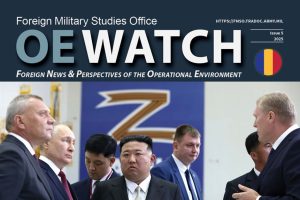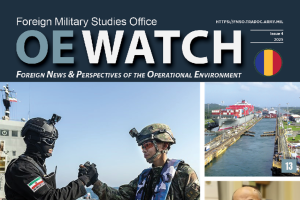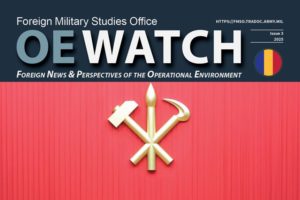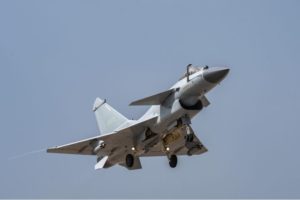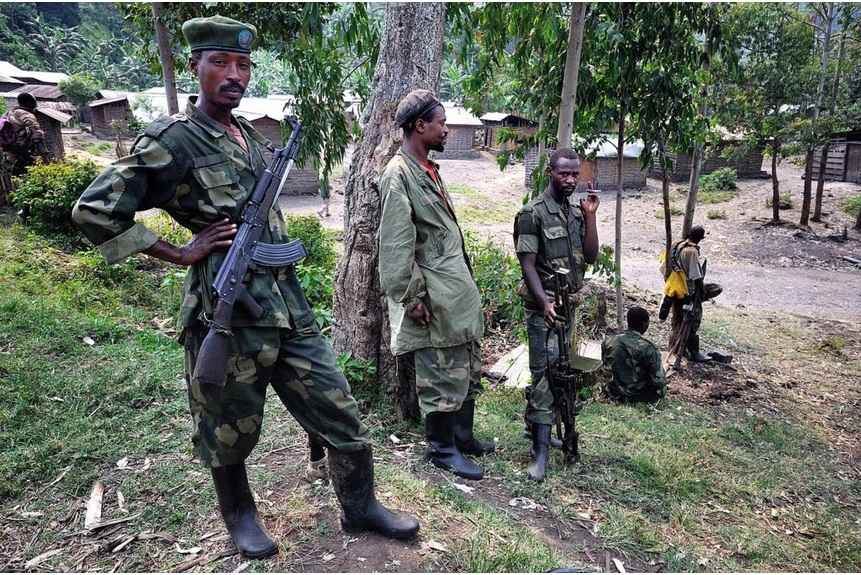
DRC Conflicts Reveal Difficulties in Deploying Regional Forces
By Robert Feldman
Kenya’s influential President, Uhuru Kenyatta, recently proposed deploying the East African Standby Force (EASF) to the Democratic Republic of the Congo (DRC). Regional leaders at the East African Community Heads of State Conclave even endorsed Kenyatta’s proposal, but still no troops have been sent to help combat M23 rebels as well as the multiple militias who have ramped up attacks on civilians.
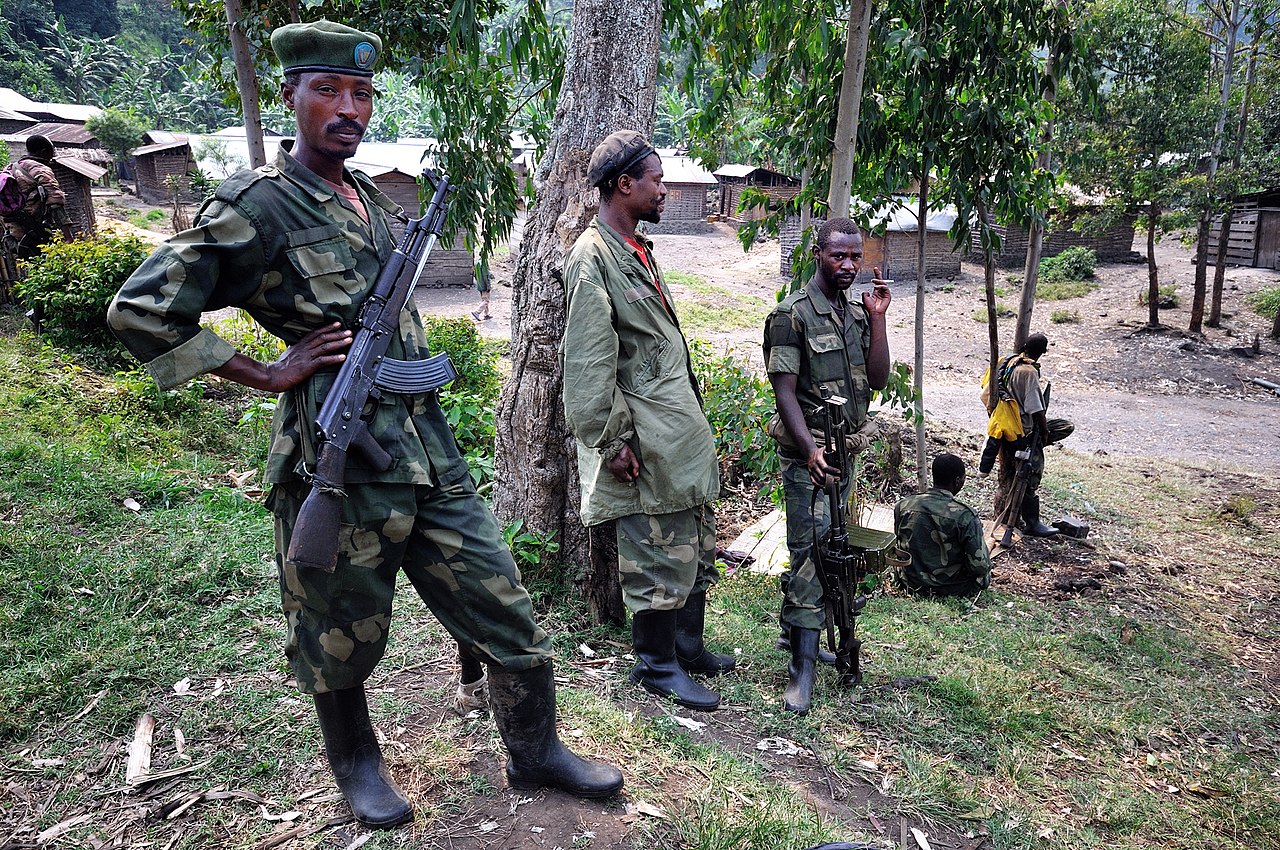
M23 rebels in the DRC.
“But however noble President Kenyatta’s deployment proposal, not everyone in the DRC agrees with the regional leaders’ decision of a military solution to stabilise the restive eastern DRC provinces.”
Kenya’s influential President, Uhuru Kenyatta, recently proposed deploying the East African Standby Force (EASF) to the Democratic Republic of the Congo (DRC). Regional leaders at the East African Community Heads of State Conclave even endorsed Kenyatta’s proposal, but still no troops have been sent to help combat M23 rebels as well as the multiple militias who have ramped up attacks on civilians. As the excerpted article from the Africa-based media company The East African notes, there are several reasons for this delay. Many politicians in the DRC, as well as a significant segment of the population, view a potential EASF deployment with distrust. They are especially wary of having Rwandan troops in the DRC given the long history of hostility between the two nations. Troops from Uganda and Burundi, as well as Rwanda, are also unwelcomed as they all have rebel groups in the country. There is fear their divergent goals might further complicate an already complicated situation. There is also concern that EASF will be comprised of countries that have formerly plundered DRC’s mineral riches. Finally, there are traditional obstacles to deployment including logistics, communications, rules of engagement, budgets, and agreements on the status of forces. As the article explains, no timeline exists regarding when these issues would be resolved. Meanwhile, violence in eastern DRC is increasing, portending further destabilization and the potential interruption of the importation of critical minerals, including those for defense industries. The recent military intervention in The Gambia by several West African countries under the auspices of ECOWAS gives some hope that East African countries can also come together and find that delicate balance whereby all parties can agree on the terms of a deployment. Additionally, any solutions to the struggle of launching the EASF could be valuable in helping the African Union’s African Standby Force finally stand up. Both forces have the potential to help provide the security and stability desperately needed in the DRC and elsewhere in Africa.
Source:
Patrick Ilunga and Luke Anami, “Why the EAC regional force is yet to be deployed to DR Congo,” The East African (African-based media company), 27 June 2022. https://www.theeastafrican.co.ke/tea/news/east-africa/why-the-eac-regional-force-is-yet-deployed-to-dr-congo-3861010
“All the armies from the East African Community states are already present in the east of our country in one form or another. The Rwandan army is associated with the M23 in North Kivu and supports the Red-Tabara [Burundian rebellion based in Congo]. The Ugandan army, which you invited, has been operating openly in North Kivu and Ituri since November 2021. The Burundian army operates regularly in South Kivu, and the South Sudanese army in the province of Haut-Uele [northeast of DRC]. The Tanzanian and Kenyan armies are already present in North Kivu and Ituri as part of the UN intervention brigade,” the letter reads.
“At least three out of seven member states of the East African Community have been involved for more than two decades in the aggression and destabilisation of our country through direct interventions of their armies or by proxy, through armed groups. Uganda, Rwanda and Burundi accuse each other of destabilisation. They compete for influence, even control of part of our country for security as well as economic and geopolitical reasons, so much so that more than once they have had to confront each other on our territory, directly or through armed groups,” Lucha writes.President Tshisekedi has to make tough decisions. His main political opponent Martin Fayulu accuses him of “subcontracting the security of the country to Rwanda and Uganda and unnecessarily creating a competition of East African countries over the Congo”” He has called on the president to reveal “his secret deal.”
Image Information:
Image: M23 rebels in the DRC
Source: Al Jazeera/Wikimedia, https://commons.wikimedia.org/wiki/File:M23_troops_Bunagana_4.jpg
Attribution: CC BY-SA 2.0
Distribution A: Approved for public release
Categories:
Tags:
Related Products
Chinese Military Exercises Highlight Improvements in Joint Operations


